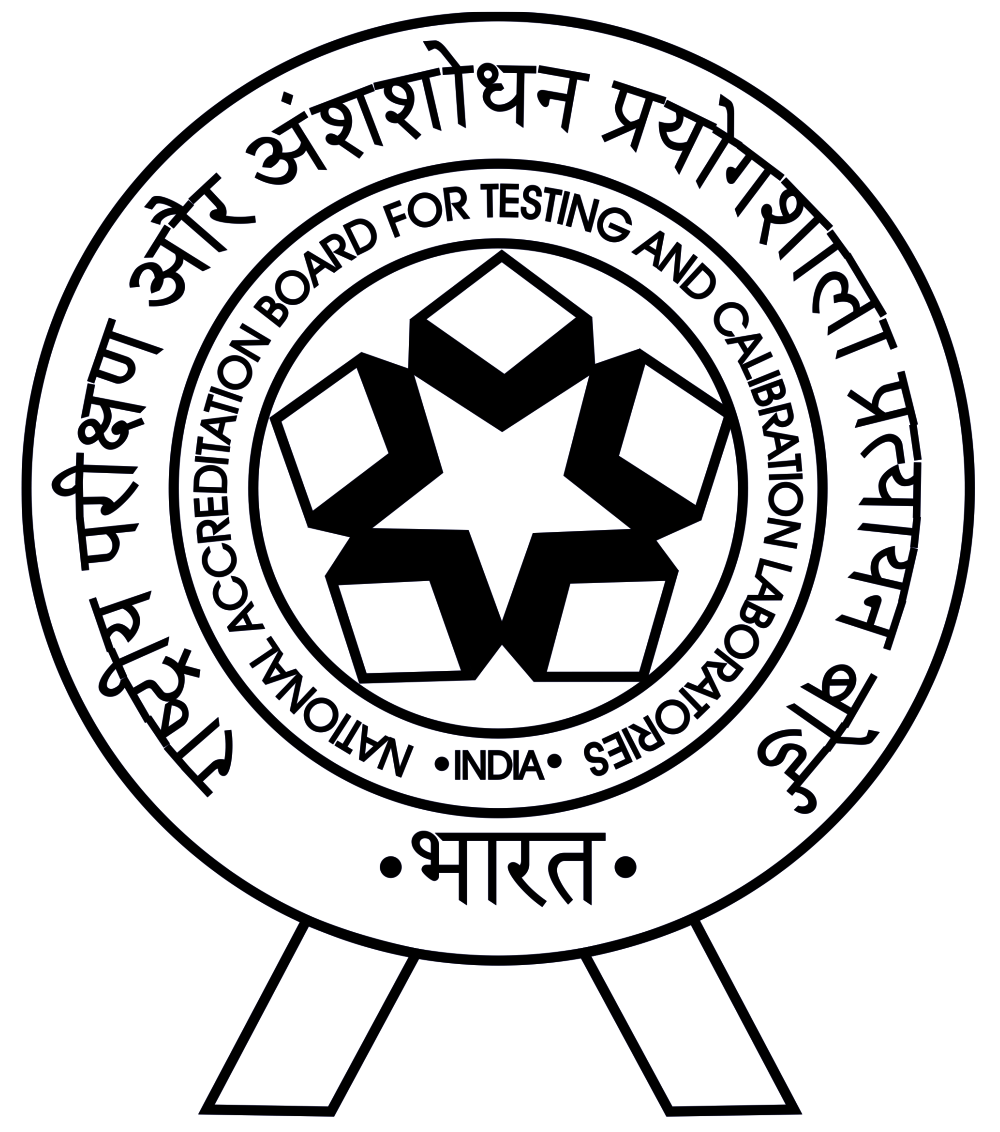Managing Type 2 Diabetes with Diet and Lifestyle Changes

Managing Type 2 Diabetes with Diet and Lifestyle Changes
Type 2 diabetes is the fastest-growing health problem worldwide, affecting millions of people from children to adults. Managing this condition effectively requires an active approach that extends beyond medication and focuses on lifestyle changes. With a few lifestyle changes, you can take control of your health and feel better every day.
Doctors and health experts now believe that the most effective way to manage diabetes is through a holistic approach. Eating well, staying active, and trying natural therapies help keep sugar levels stable. With commitment, people with diabetes can live healthier and avoid complications.
Table of Contents
- The Role of Diet in Type 2 Diabetes Management
- Superfoods for Diabetes
- Modern Diet Strategies
- Weight Management
- Physical Activity: Move More, Manage Better
- Non-Medication Treatments
- The Importance of Monitoring and Support
- Sleep, Stress, and Lifestyle Factors
- When to Seek Professional Help
- Frequently Asked Questions (FAQs)
The Role of Diet in Type 2 Diabetes Management
A balanced, nutrient-rich diet is the foundation of type 2 diabetes management. Making the right food choices helps regulate blood sugar levels, supports weight management, and reduces the risk of heart disease. Modern dietary approaches emphasise whole foods, portion control, and mindful eating.
- Include plenty of non-starchy vegetables, such as leafy greens, broccoli, and cauliflower, for fibre and essential nutrients.
- Choose lean proteins such as chicken, fish, eggs, tofu, and legumes to promote satiety and muscle health.
- Opt for whole grains, pulses, and low-glycemic carbohydrates to avoid blood sugar spikes.
- Limit processed foods, sugary snacks, and beverages high in added sugars.
- Use the “plate method”: fill half your plate with non-starchy vegetables, one-quarter with lean protein, and one-quarter with healthy carbs.
- Pair meals with low-calorie beverages, such as water or unsweetened tea, to stay hydrated.
Superfoods for Diabetes
Certain foods have been shown to offer unique benefits for people with type 2 diabetes. Regularly including these superfoods can enhance blood glucose control and overall health.
- Greek Yoghurt: High in protein and low in carbohydrates, Greek yoghurt supports weight management and may lower the risk of heart disease.
- Nuts: Almonds, walnuts, and pistachios can improve blood glucose, reduce inflammation, and support heart health.
- Fatty Fish: Salmon, sardines, and mackerel provide omega-3 fatty acids, which protect against heart disease.
- Leafy Greens: Spinach and kale are low in calories and carbs, yet rich in vitamins and minerals.
- Berries: Blueberries, strawberries, and raspberries offer antioxidants and fibre without causing blood sugar spikes.
- Whole Grains: Oats, quinoa, and brown rice provide sustained energy and help regulate blood sugar.
Modern Diet Strategies
- Several structured dietary approaches can simplify meal planning and improve diabetes management.
- Plate Method: Visually divide your plate to ensure balanced portions of vegetables, protein, and carbohydrates.
- Glycemic Index (GI): Choose foods with a low or medium GI to minimise blood sugar fluctuations.
- Carb Counting: Track your daily carbohydrate intake to better match your body’s insulin needs and activity level.
- Personalised Plans: Work with a registered dietitian for a tailored eating plan based on your age, size, and activity.
Weight Management
Achieving and maintaining a healthy weight is one of the most effective ways to manage type 2 diabetes. Weight loss can lead to improved insulin sensitivity and, in some cases, remission of the disease.
- Focus on gradual, sustainable weight loss through balanced eating and regular exercise.
- Even a modest weight loss of 5-10% can significantly improve blood sugar control.
- Monitor your progress with regular check-ins and adjust your plan as needed.
Physical Activity: Move More, Manage Better
Regular exercise is a powerful tool for managing type 2 diabetes. It helps lower blood sugar, supports weight loss, and reduces the risk of cardiovascular complications.
- Aim for at least 150 minutes of moderate-intensity activity per week, such as brisk walking, cycling, or swimming.
- Include strength training exercises twice a week to build muscle and boost metabolism.
- Find activities you enjoy to stay motivated, such as dancing, yoga, or team sports.
- Start slow and gradually increase intensity, especially if you’re new to exercise.
Non-Medication Treatments
A growing number of people are exploring non-medication treatments to balance traditional diabetes care. These approaches can enhance well-being and may contribute to better glycaemic control.
- Herbal Remedies: Cinnamon, fenugreek, and bitter melon have the ability to lower blood glucose levels.
- Dietary Supplements: Magnesium, chromium, and vanadium may support insulin function but should be used under medical supervision.
- Mind-Body Therapies: Yoga, tai chi, and meditation can help reduce stress, improve blood sugar control, and enhance overall quality of life.
- Acupuncture: Some studies suggest acupuncture may help with diabetes-related nerve pain and overall well-being.
- Biofeedback and Guided Imagery: These techniques promote relaxation and may help manage stress, a key factor in blood sugar control.
The Importance of Monitoring and Support
Self-monitoring and ongoing support are essential for successful diabetes management. Regularly tracking your blood glucose helps you understand how your diet, activity, and stress levels affect your condition.
- Use a home glucose monitor as recommended by your healthcare provider.
- Keep a food and activity journal to identify patterns and triggers.
- Join diabetes education programs or support groups for motivation and guidance.
- Involve family and friends in your journey for encouragement and accountability.
Sleep, Stress, and Lifestyle Factors
Lifestyle factors, including those beyond diet and exercise, also play a significant role in managing type 2 diabetes. Prioritising sleep, managing stress, and avoiding harmful habits can make a big difference.
- Aim for 7-9 hours of quality sleep each night to support metabolic health.
- Practice stress-reduction techniques such as deep breathing, mindfulness, or gentle movement.
- Avoid smoking and limit alcohol consumption, as both can worsen diabetes complications.
- Schedule regular dental check-ups to prevent gum disease, which is more prevalent in individuals with diabetes.
When to Seek Professional Help
While many people can manage type 2 diabetes with lifestyle changes, it’s important to work closely with your doctors. They can help you create a personalised plan and monitor your progress.
• Consult your doctor before starting any new diet, supplement, or exercise program.
• Ask for a referral to a registered dietitian or diabetes educator for expert advice.
• Report any unusual symptoms, such as persistent high blood sugar, fatigue, or unexplained weight loss, promptly.
Managing type 2 diabetes in the modern era means looking beyond medication and embracing a holistic lifestyle approach. By focusing on a balanced diet, regular activity, complementary therapies, and ongoing support, you can take control of your health and thrive with diabetes. Stay informed, stay motivated, and remember that small changes can lead to big results over time.
Frequently Asked Questions (FAQ)
Q1. Can type 2 diabetes be managed without medication?
Yes, many people can manage type 2 diabetes with healthy eating, regular exercise, weight loss, and other lifestyle changes. However, some may still need medication as recommended by their doctor.
Q2. What foods should I eat if I have type 2 diabetes?
Focus on non-starchy vegetables, lean proteins, whole grains, nuts, and berries. Avoid sugary drinks, processed foods, and limit refined carbohydrates.
Q3. How does physical activity help control diabetes?
Exercise helps lower blood sugar levels, improves insulin sensitivity, supports weight loss, and reduces the risk of heart disease and other related complications.
Q4. Are there any natural or alternative therapies for diabetes?
Some people use herbal remedies, yoga, meditation, and supplements to help manage diabetes, but always consult your doctor before starting any alternative treatments.
Q5. How significant is weight loss in managing type 2 diabetes?
Losing even 5-10% of your body weight can significantly improve blood sugar control and overall health for people with type 2 diabetes.
Q6. How often should I check my blood sugar levels?
Check your blood sugar as often as your healthcare provider recommends, which may vary based on your treatment plan and health goals.














